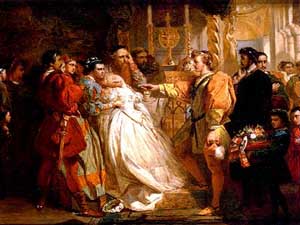Honestly i kinda liked blogging in this class just because it was something new and i had never done it for a class before. When the professor said in the beginning of the semester that this would be a requirment for this class i thought it was strange cause i'd never heard of that before. At times, it did start to get a little lame to me because i didn't always feel like doing sometimes because of the fact that i always couldn't get one because my computer would act up and that got me frustrated. them but i tried. The most part that i liked about blogging this semester was that i got to read other people's responses and to see what they were thinking. That was pretty cool.
Also the comments were cool to. Some of the comments i got were kinda helpful and others were just there just to be there. What i didn't like is that we had a deadline because i think we should have a little more freedom with that but i did like that we could choose what we wanted to write about because everyone might not have anything to write about just one specific thing some people are more creative than others and other people do better with writing facts and explaining things.
The fact that the professor had some blog choices where you could draw things or come up with your own twist on things was good. Everybody doesn't wanna write about the same thing as eachother all the time because you end up getting the same responses repeated over and over again I don't think that i will be blogging on my own after this. I've never been interested in it before, it's just not my thing.
